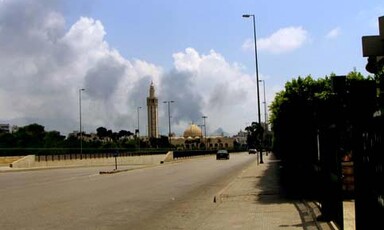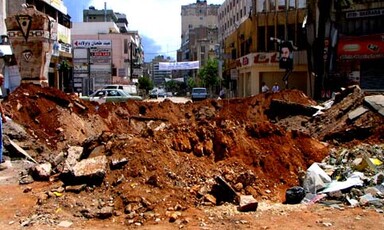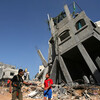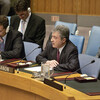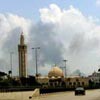
Shatila Refugee Camp: "What do we have left to fear?"
Shatila Camp, Beirut 14 July 2006
Since there was no power and I couldn’t be glued all day to the news, I decided to go to Shatila [refugee camp]. The city was almost empty; there were few cars in the streets and few open shops. The cab dropped me at the Sabra area, the “poor souk” as they call it in Beirut, which was bustling with people buying food supplies. All shops were packed except for the butcher and poultry shops, which stood empty. “Meat dishes are a luxury for the poor during normal times, so what do you say about war time?” one of the butchers observed. Read more about Shatila Refugee Camp: "What do we have left to fear?"


